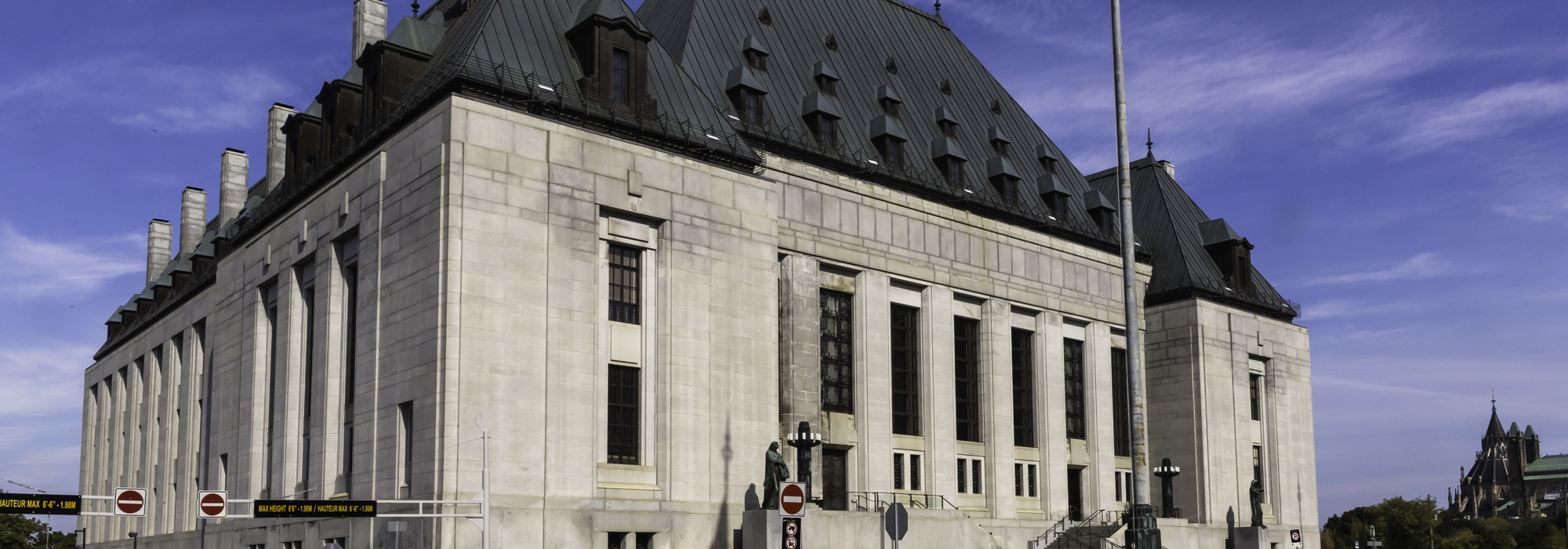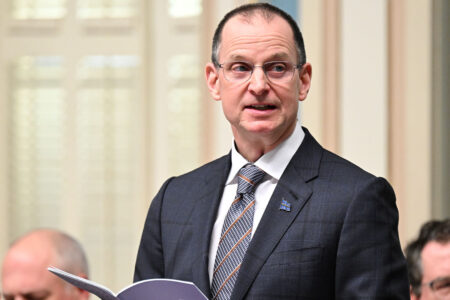
What has bothered me most about Stephen Harper’s tenure as Canada’s prime minister is his disrespect for constitutional democracy. Constitutional democracy means that government, no matter how popular, is limited by principles and procedures that it is required to observe. The most important instrument for enforcing those limits is an independent judiciary.
Harper is the first Canadian prime minister to publicly attack the Canadian judiciary at its highest point, the Supreme Court of Canada. I refer to his attack on the Chief Justice for advising his government that filling a Quebec vacancy on the Supreme Court with a retired Federal Court judge might raise legal issues.
I have also been troubled by the casual, ad hoc and unpredictable manner in which he has gone about filling vacancies on the Supreme Court. His government has been unprepared to fill in a timely fashion vacancies that are scheduled by the mandatory age limit of 75. This has resulted in depriving the Court of its full strength for significant periods of time, for no good reason. It has also meant a lack of consistency in and accountability for the methods used in making appointments to one of the country’s most important institutions.
Harper’s government has also been irresponsible in exercising its extraordinary power to appoint judges to the highest trial courts of the provinces and territories and to the Federal Court of Canada. To discharge this responsibility it inherited a system of advisory committees that screened candidates and advised government on those who it found to be qualified and those it found to be highly qualified. Under Harper the “highly qualified” category was dropped – and with it any pretence of a merit appointment system.
Impartiality is the other characteristic we expect of a judiciary. But there are limits on what it is reasonable to expect. Judicial appointees come to the bench not as political virgins but as citizens seasoned in the political and social life of their society. As judges they are under a professional obligation to adopt a judicious temperament on the bench and a nonpolitical lifestyle off the bench. But even if they do this, the views on political and social issues they developed as citizens are bound to influence their slant on the issues they have to decide as judges. And the accountable, elected politicians who have the final say in judicial selection can be expected to choose, among outstanding candidates, one who is likely to move the law in the ideological direction they prefer.
But if the ideological shaping of the judiciary is unlimited, it can undermine constitutional democracy. In the United States, where the ideology of the presidential party shapes the pool from which Supreme Court and Federal Court judges are nominated, Senate confirmation serves as a check on who gets appointed. Even so, it is a good thing that the political pendulum in US politics swings so frequently. If a party stayed in power for, say, 12 years or more, the county would have a judiciary that was so solidly Democrat or Republican that it would lack legitimacy for half of the American population
Canada is alone among the constitutional democracies in having no check and balance on the government’s selection of its highest judges. And in Canada, one party denomination can extend beyond 12 years. For the sake of preserving our constitutional democracy lets hope the upcoming election removes that possibility.






